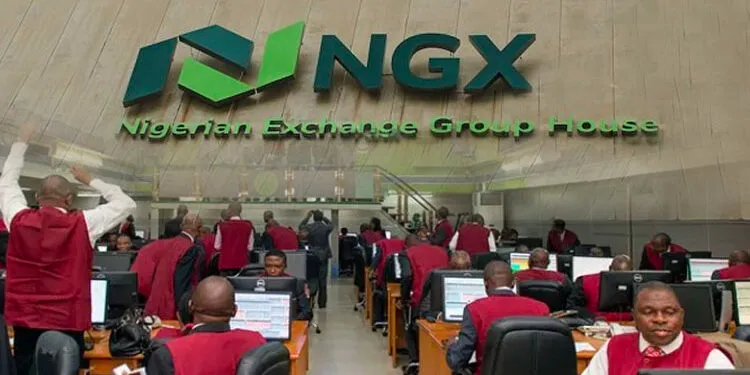Broadband penetration in Nigeria fell to 41.56% in September, down from previous levels, as efforts to reach 70% through the National Broadband Plan (2020-2025) continue.
This decline in broadband penetration is highlighted in the latest industry data released by the Nigerian Communications Commission.
The NCC reported a decline in high-speed internet access, with users dropping from 94.3 million in March to 90.1 million in September.
As of March 2020, when the National Broadband Plan was launched, Nigeria’s broadband penetration was at 39.85%, with approximately 75.4 million users.
Despite efforts to improve access, challenges like poor infrastructure and high Right of Way costs persist.
The recent decline in broadband subscriptions may also be linked to issues surrounding the National Identification Number verification process.
It was previously reported that the four major mobile network operators in Nigeria—MTN, Airtel, Globacom, and 9mobile—lost approximately 64.3 million subscribers due to the verification exercise mandated by the telecom regulator.
By the end of the verification exercise in September, the four major telecom operators were left with 154.6 million active subscriptions, a significant drop from the 219 million recorded in March.
The National Broadband Plan projected that Nigeria would achieve 50% broadband penetration by the end of 2023.
However, penetration stood at only 43.71% at year-end, declining further to 41.56% by September.
To address barriers like the high cost of smartphones, the Plan proposed establishing at least one smartphone assembly plant by 2023, aiming to reduce the price of entry-level smartphones to around N18,000.
Currently, Nigeria has no local smartphone assembly plant, and the prices of smartphones have surged due to Naira devaluation, with the cheapest models now exceeding N100,000.
The plan aimed for 70% of telecom subscriptions to be on 4G by 2023, but data from the NCC indicates that only 44.96% of the 154.6 million active mobile subscriptions were on 4G as of March 2024, highlighting significant gaps in progress.
As of September, 43.53% of mobile subscriptions in Nigeria were still on the 2G network, according to NCC data.
This underscores the ongoing challenges in upgrading the country’s telecom infrastructure and improving broadband access.









